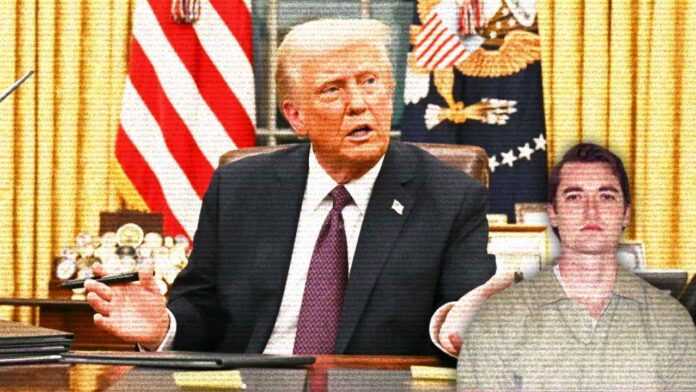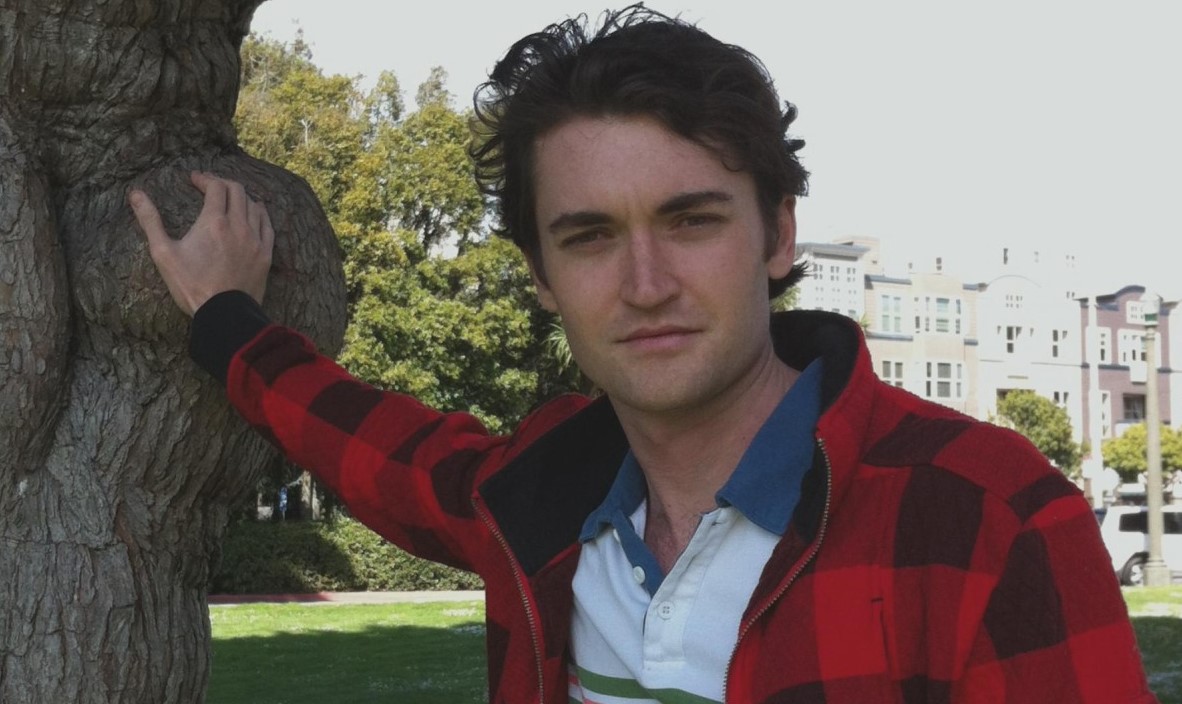
President Donald Trump has granted a full and unconditional pardon to Ross Ulbricht, the architect behind the notorious Silk Road.
The decision, announced on January 21, 2025, via Trump’s Truth Social platform, has sparked a debate on whether this could signal a revival of the Silk Road or similar dark web marketplaces.
Who is Ross Ulbricht, And Why is He Pardoned?

Ulbricht, known online as the “Dread Pirate Roberts,” was the mastermind of Silk Road, an online black market that thrived from 2011 to 2013, allowing users to buy and sell illegal goods anonymously with Bitcoin. His pardon comes after serving over a decade of a life sentence on charges that included drug trafficking, money laundering, and computer hacking.
“I just called the mother of Ross William Ulbricht to let her know that in honor of her and the Libertarian Movement, which supported me so strongly, it was my pleasure to have just signed a full and unconditional pardon of her son, Ross,” Trump wrote, emphasizing the ideological underpinnings of his decision.
The pardon has been lauded by libertarians like Angela McArdle, the Libertarian National Committee Chair, who described Ulbricht as “a libertarian political prisoner for more than a decade.” However, the move has also drawn sharp criticism, with skeptics questioning the implications for law and order, and the potential encouragement of criminal activities online.
Thomas Massie explains how Angela McArdle made Libertarians relevant again by inviting Donald Trump to LNC and asking him to free Ross Ulbricht pic.twitter.com/jVgKF3nyBa
— Liam McCollum (@MLiamMcCollum) January 22, 2025
So, Can We Expect to See Silk Road as a Legal Marketplace?
The question now on many minds is, “Is Silk Road Rising Again?” While the pardon does not legalize the operations that Silk Road was known for, it does raise discussions about the future of digital marketplaces, privacy, and the regulation of cryptocurrencies.
Ulbricht’s release might inspire a new wave of platforms seeking to operate in the shadows of the internet, but under the current legal framework, any direct successor to Silk Road would face significant hurdles.
Legal experts and former officials, including Preet Bharara, the U.S. Attorney who prosecuted Ulbricht, have remained silent or reserved in their comments, perhaps indicating the complex nature of this development.
The Southern District of New York, where Ulbricht was jailed, also declined to comment, leaving much to speculation.
The crypto community and advocates for digital privacy are watching closely, as this pardon could be seen as a nod towards more lenient views on digital privacy and cryptocurrency use.
However, experts warn that while the symbolism of this act is significant, the practical implications for the legality of dark web marketplaces remain unchanged.
As the dust settles on this dramatic news, the crypto world, law enforcement, and privacy advocates will continue to debate the long-term effects of Trump’s decision.
Will this lead to a new era for online privacy, or will it merely be a footnote in the broader narrative of digital crime and justice?
Only time will tell if this marks a new chapter for the legacy of Silk Road or if it’s just a poignant end to one man’s story.
Read Next – Washington Welcomes New Panda Stars at Smithsonian National Zoo
















